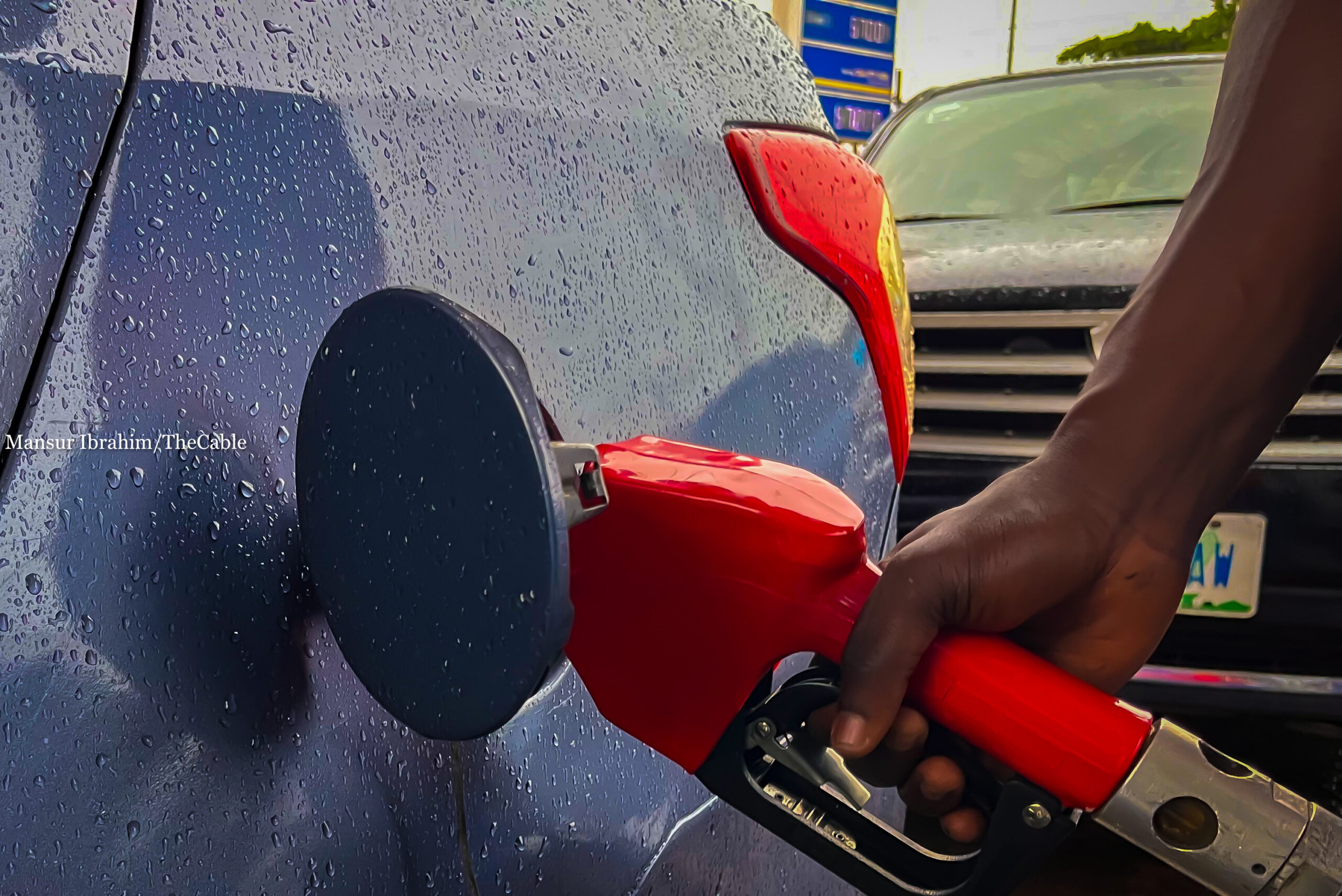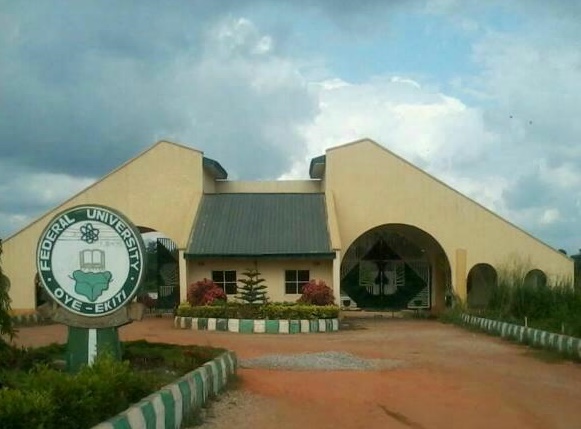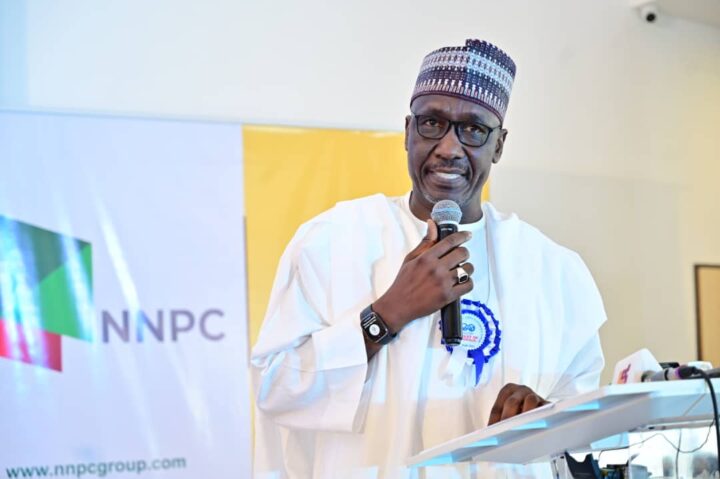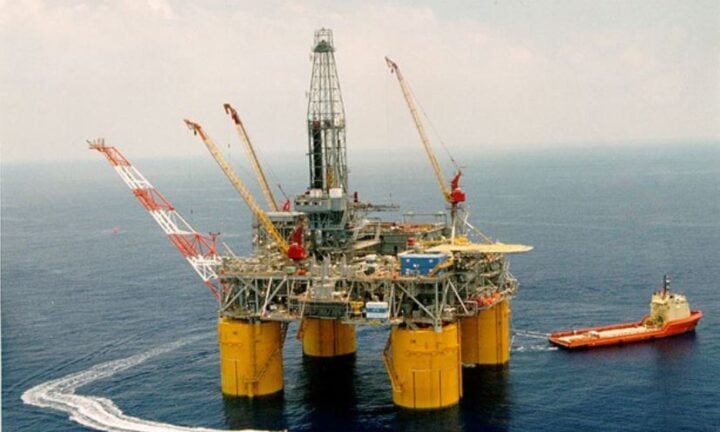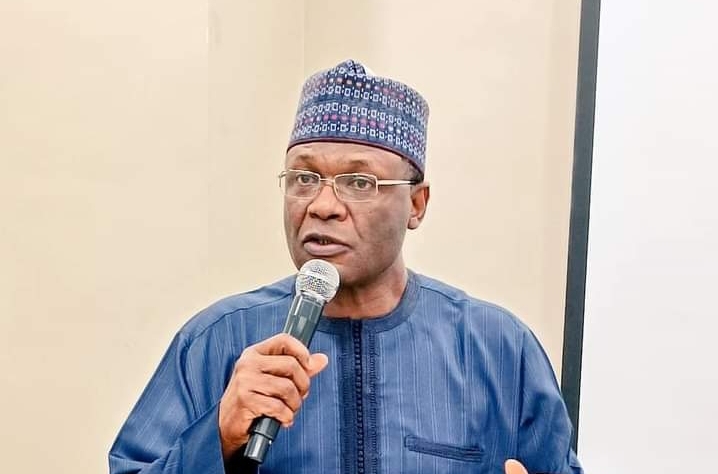The National Bureau of Statistics (NBS) says the average price for premium motor spirit (PMS), better known as petrol, in February 2024 was N679.37 per litre.
This represents an increase of 1.66 percent or N11.07 compared to the average price of N668.30 recorded in January.
In its premium motor spirit (PMS) report on Wednesday, NBS also said the current average value price is 157.57 percent higher than the value recorded in February 2023 (N263.76).
On May 29, 2023, President Bola Tinubu announced the end of petrol subsidy.
Advertisement
The decision marked the end of federal government control over the commodity’s retail prices and resulted in an increase in the product’s pump price nationwide.
Meanwhile, in the latest NBS report, residents of Kebbi, Zamfara, and Taraba states were said to have paid the highest amount for petrol in February 2024.
“The average retail price paid by consumers for Premium Motor Spirit (Petrol) for February 2024 was N679.36, indicating a 157.57% increase when compared to the value recorded in February 2023 (N263.76),” NBS said.
Advertisement
“Likewise, comparing the average price value with the previous month (.i.e. January 2024), the average retail price also increased by 1.66% from N668.30.
“On State profile analysis, Zamfara State had the highest average retail price for Premium Motor Spirit (Petrol), at N750.43, Kebbi and Taraba States were next, with N746.67 and N710.56, respectively.
“On the other side, Kwara, Ogun and Benue States had the lowest average retail prices for Premium Motor Spirit (Petrol), at N650.00, 650.83 and 652.73 respectively.”
In addition, on the zonal profile, the northwest had the highest average retail price of N701.20, while the southwest had the lowest price of N657.20.
Advertisement
On February 29, the federal government said petrol importation into the country dropped by 50 percent since the removal of the subsidy.
Add a comment
